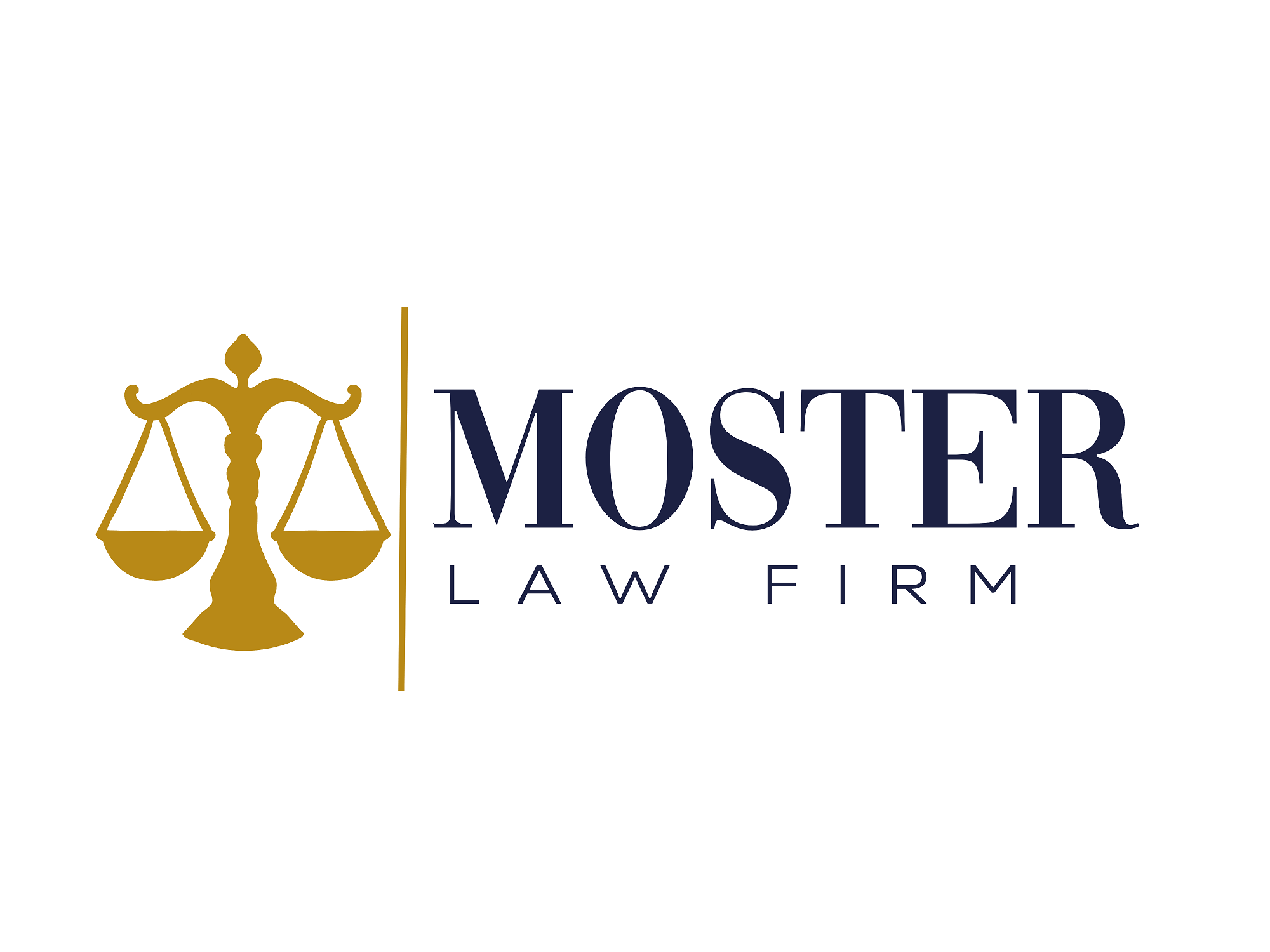As a young lawyer (back in biblical times) – “Lexis”, the first automated legal research software was just becoming available. I would say “online” – but that term had not yet been coined – nor the internet invented by that unsuccessful Presidential candidate who has been known for occasional exaggeration.
Lexis allows for what we would now call a simple google search. Find two words and the internet will run trillions of calculations and connect the two. In this case, I was attempting to determine property rights relating to a certain Plaintiff (suing party) in a lawsuit named “Sally”. I had inadvertently omitted the last name of the Plaintiff and ran a Lexis search for “property” and “Sally”. Sure enough, the computer ran its trillions of calculations and spit out a combination of “property” and “Sally” – circa – 1842 in a published law case. Realizing that I made a mistake in the search query I read the case anyway and was shocked – to say the least. You see – the case described a property owner who owned a slave named “Sally” in South Carolina. Sally was the property of the slave owner – as the case recounted – who “used” Sally to sharecrop his land. It seemed that Sally attempted to escape and was captured in North Carolina. The legal issue before the Court was not whether it was inhumane to enslave Sally but whether the fact that she had “feet” and ran to another state rendered her “moveable” personal property not subject to the mortgage of the bank! From our perspective – any perspective – such analysis is abhorrent and shocking, to say the least. However, up until the 13th Amendment abolishing slavery, human beings were simply a form of property no different than a table, house, or livestock.
The moral of the above is that our laws are embedded in the time and place of their origin and morality is a moving target or continuum in the universe of legalities. If you were a banker in 1859 you would not think twice about a slave being a property right.
With that perspective in mind, I ask the reader to fast forward to 2015 and beyond. Current issues addressing the same issue now relate to what lawyers refer to as “animal rights” and a computer offshoot known as “artificial life”. With regard to the first category, no state in the U.S. recognizes that animals have any rights whatsoever regardless of how much we love them or their relative intelligence. They are just property. Sound familiar? In the State of Texas, if your beloved dog or cat is killed by an interloper, your recourse is to recover the value of the merchandise. For those of us who love our pets and consider them to be a member of the family, such in unthinkable. However – the equation reads – “property is property is property”. Recent cases have attempted to protect primates such as chimpanzees and apes who are forced to live in abhorrent conditions in zoos and such. Biologists have concluded that these animals although not at par with most of us – are highly intelligent. They are aware of their surroundings, can form words and concepts, and feel pain and despair. However, given the status of property rights, they are no different than a desk or chair or this laptop computer. The question to ask is whether our definition of “property” should expand to include these animals which appear to have consciousness. The cases seeking such determination are just starting to hit the courts. The initial holdings have denied protected status every time. As in the case of “Sally” – only time will tell.
And for those who are fascinated by the future (as I am)- the same issue of Sally is addressed in the virtual Sally created on a computer. Computer scientists have created what are called “genetic algorithms” which replicate biological systems and a thinking brain in computer software. There is a debate as to whether any of these systems may ultimately become conscious and if they do ….. well you know the drill!
I will keep you posted!

